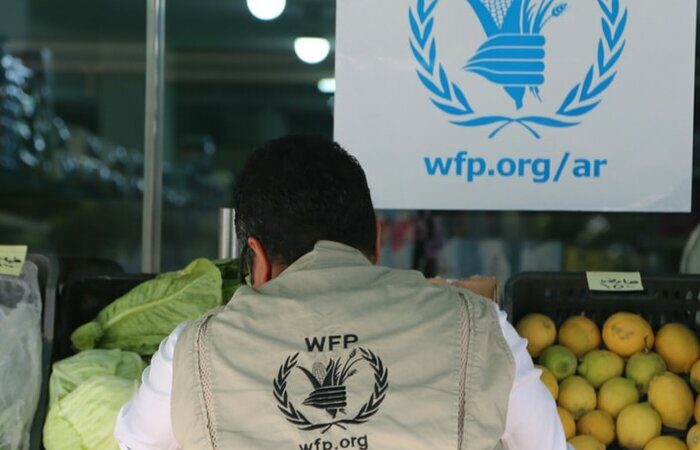
KABUL – The United Nations World Food Programme (WFP) in Afghanistan welcomes a generous contribution of EUR 20.1 million (US$21.4 million) from the European Union. With this funding, WFP will be able to improve household food security and community resilience for over 300,000 Afghans across 26 provinces, including vulnerable displaced Afghans who are resettling in certain areas.
By developing small-scale infrastructure like flood protection walls and irrigation canals, the project aims to safeguard local communities against the impacts of climate change and natural disasters. The EU-funded program will also assist around 14,000 smallholder farmers by equipping them with essential tools, seeds, and training to improve their harvests and market access, ensuring that vulnerable families can meet their nutritional needs. Each construction project will last for half a year during which all participants will receive either food or cash to help cover their families’ monthly food needs.
“Supporting smallholder farmers and helping them yield greater harvests can be lifesaving for families who struggle to put food on the table,” said Raffaella Iodice, EU Chargée d’Affaires a.i. to Afghanistan. “Partnering with the World Food Programme, the European Union has launched a program that aims to ensure that communities throughout the country are better prepared and withstand the impact of a changing climate.”
“The climate crisis is no longer a glimpse into the future but the reality for communities across Afghanistan where eight out of ten people depend on income from agriculture and climate shocks such as drought, flooding and landslides have a massive effect,” said Mutinta Chimuka, WFP Deputy Country Director in Afghanistan. “We thank the European Union for being a steadfast partner for WFP and supporting our climate-sensitive programs improving resilience of communities across the country.”
In 2023 alone, WFP supported more than 750,000 people and their families with emergency food assistance and helped construct community infrastructure including nearly 30 kilometers of flood protection walls, approximately 50 kilometers of irrigation canals and the rehabilitation of over 19 kilometers of roads. WFP’s Food-for-Assets activities have not only addressed immediate hunger but also laid the groundwork for building longer-term community resilience.
Over the past five years, the European Union has contributed more than US$260 million towards WFP’s programmes in Afghanistan, including emergency food assistance, nutrition services, resilience activities and keeping the humanitarian air service UNHAS operational.






